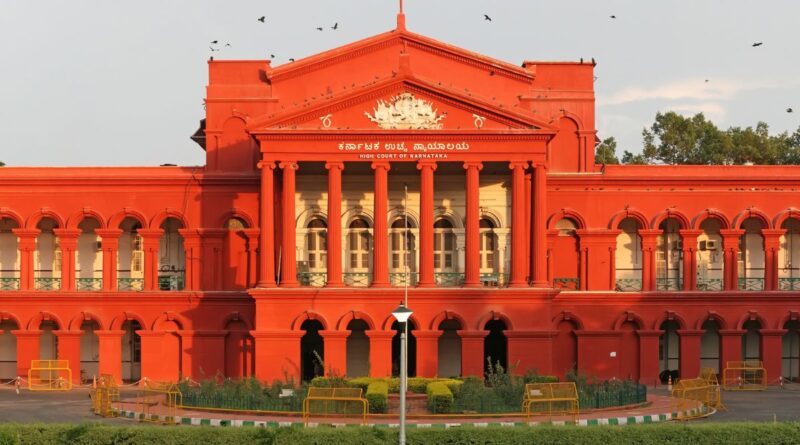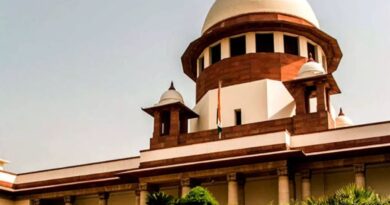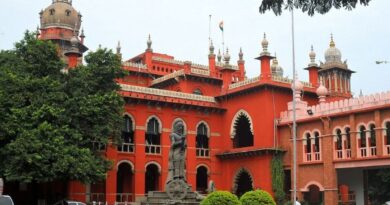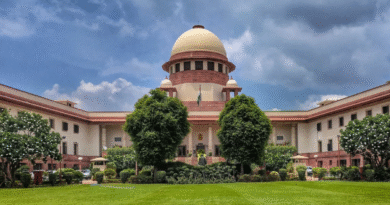Karnataka High Court Seeks Centre’s Reply on Plea Against Online Gaming Bill 2025
The Karnataka High Court has asked the Union Government to file its response to a plea challenging the Promotion and Regulation of Online Gaming Act, 2025. The petition argues that the new law threatens the livelihood of thousands of people by shutting down the industry “overnight.”
Justice B.M. Shyam Prasad heard the matter and adjourned it, giving time to the Centre to respond and for the petitioners to submit arguments seeking an interim stay on the Act.
Senior counsel for the petitioners submitted that although the Act has received Presidential assent, it has not yet been notified. They argued that enforcing the law without notice would severely impact employment in the online skill gaming sector. The counsel urged the court to direct the Centre to give at least a week’s notice before notifying the Act.
Solicitor General Tushar Mehta, representing the Union, countered that once Parliament passes a law and the President gives assent, notifying it is part of the constitutional process. He said the government is not required to inform private parties before notification, even if they feel aggrieved.
When asked whether the Act would be notified immediately, the Solicitor General stated that he would seek instructions from the government. The court has now adjourned the matter, awaiting the Centre’s reply and the petitioners’ request for interim relief.
Background of the Case
The petition alleges that the Act was introduced without consultation and is inconsistent with the government’s earlier policy of promoting online skill gaming. According to the plea, the sudden ban risks investments worth crores and could lead to job losses for over two lakh employees across the industry.
The petition also argues that games of skill are recognised by the Supreme Court as legitimate business activities under Article 19(1)(g) of the Constitution. Therefore, a blanket prohibition is disproportionate, arbitrary, and unconstitutional. It further claims that the Act violates Articles 14, 19(1)(a), 19(1)(g), and 21, making it unreasonable and unjustified.
Case Title: Head Digital Works Private Limited and Anr. v. Union of India





